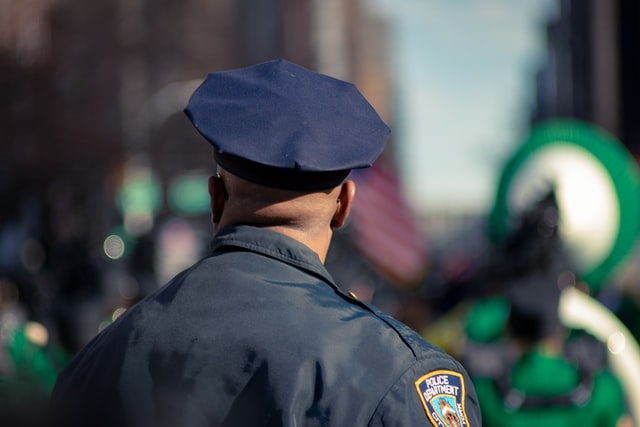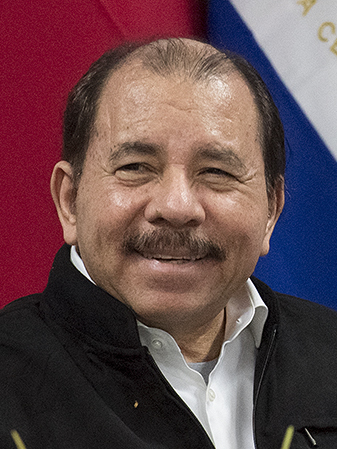Presidential candidates have been treated as high-profile individuals. Part of the reason for this is because they are seeking a position that has the power to affect the lives and livelihoods of many people, but does this mean that they are exempted from the law? This article will explore if a presidential candidate can be arrested.

The popular belief is that anyone who is discovered breaking the law is arrested and that no one can disobey the law. When it comes to national leaders and some high-ranking government officials, arresting them has to be written into the constitution. Thus is a number of countries these leaders passed laws that rendered them invincible to security enforcement while they were still ruling. This is why most presidents or prime ministers are prosecuted after they resign or their term expires.
But a presidential candidate does not possess such powers because they are not a president yet, which makes them prone to getting arrested if they break any law. In answering the question of whether presidential can be arrested, it was noted that “Of course they can, they are not any different from any citizen. Only somehow they become the President; they are protected from arrest or prosecution, not by law but by a policy decision of the federal Department of Justice” [Source].
But most nations avoid arresting presidential candidates, especially in countries where the political landscape is not stable. Arresting candidates where a state is faced with political instability might be a sign of abusing power, and those who are part of the ruling government might be blamed for eliminating competition through imprisonment.
Controversies linked to dismissing opposition parties by jailing their candidates are a global occurrence. This sends a wrong message to international observers working towards fair elections. But people still agree that if a presidential candidate commits a crime, they must be arrested. Others argue that to protect the integrity of the elections, there must be tangible evidence that justifies the arrest of a candidate to clear the air of any corrupt tendencies.
In July, the nation of Nicaragua caused a buzz on a global scale after arresting a presidential candidate ahead of the November elections. The opposition presidential candidate Noel Vidaurre was placed under police custody at his residence, and red flags were raised as to how President Daniel Ortega was detaining every competition that was vying for his post [Source].

In November, Honduras reported similar cases whereby leading candidates in the election were arrested [Source]. Presidential candidate Santos Rodriguez was arrested in Honduras “over accusations of money laundering related to drug trafficking and homicide, including the murder of a DEA informant.” Other candidates were arrested either for drug trafficking or corruption incidents.
In all these referenced cases, it is clear that presidential candidates can be arrested in most nations, but they are usually persons of interest who carry the spotlight. Being a candidate does not give a person the right to walk all over a nation’s laws. No one can tell which candidate will win, so presidential candidates are treated as ordinary citizens.
Also, many presidential candidates sacrifice a lot when elections are nearer to maximize their chances of winning. This is a period where corruption cases, embezzlement of funds, fraud, and bribery increase. But as long as comprehensive evidence is presented to the relevant law enforcers, presidential can be arrested and even jailed when found guilty.







































